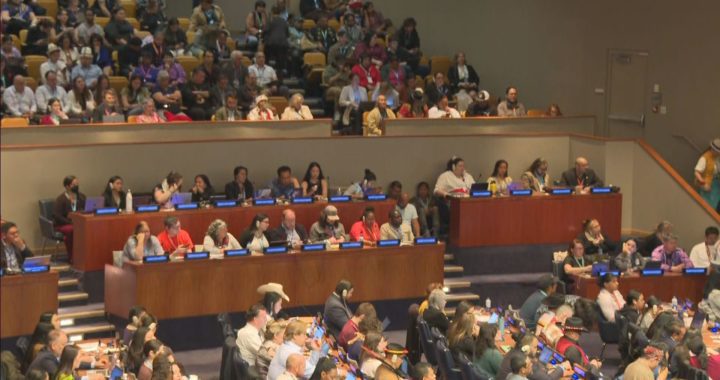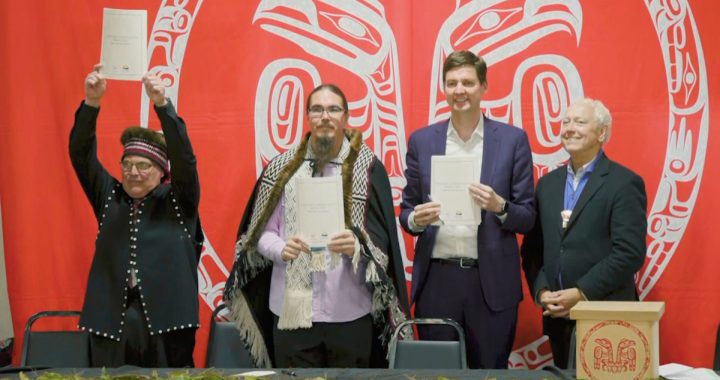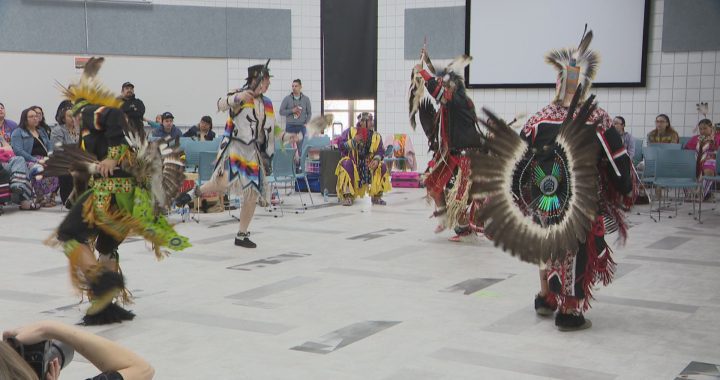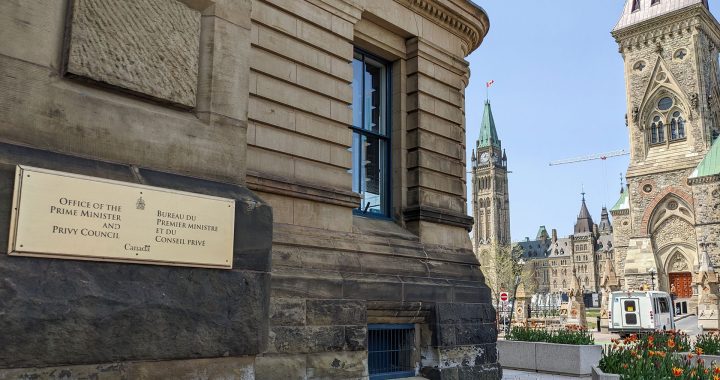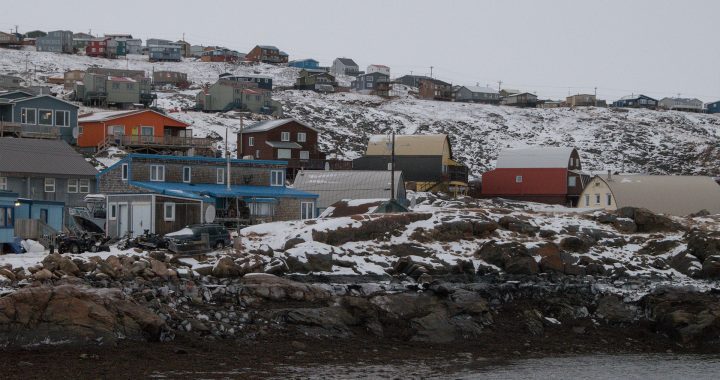The Algonquin Nation has issued a report that says moose in Quebec are suffering “due to colonialism.”
The 101-page report called Anishinabe Knowledge and Governance for the Protection of Moose Populations in and around La Verendrye Park, Quebec, compiled using traditional knowledge, government issued-statistics, and on-ground-testimonies from Anishinaabe living with the effects of over-hunting, found that “multiple, compounding factors continue to exacerbate moose herd health and population numbers.”
According to the report, if an eventual moose population management plan is to be successful, “all forestry operations must cease immediately, the moratorium on the sport hunting of moose must continue to be enforced and a comprehensive, multi-method study that is co-developed.”
“This is led by the people of the land. And not just those within the [La Verendrye] park, but those surrounding the park,” explained Shannon Chief, who toured Algonquin communities in Quebec and Ontario to collect firsthand impact accounts and is one of the authors of the report.
“We want to be able to safeguard the moose, but also, in a way, safeguard the food that we eat, and also our homes, our place of culture.”
“This is a state of crisis now – we can’t refute that,” added Mike Diabo, a member of the Anishnabe Moose Research Committee hailing from Kitigan Zibi in Western Quebec.
“It’s a sensitive balance – and when capitalism comes and rolls through there – that big, extractive beast, it’s like: what do we do?”
The grassroots report has been in the works since December 2021, following the Quebec government’s approval of a temporary two-year sport hunting moratorium in the La Verendrye wildlife reserve.
Algonquin elders have raised the alarm about moose population decline since 2015. For the communities within La Verendrye Wildlife Reserve – and for their members living off-grid – the moose represents food security, culture, and commerce.
“Moose allowed us to survive across time,” explained David Kistabish, an advisory council member from Pikogan First Nation, the northernmost Algonquin community in the La Verendrye Wildlife reserve.
“It still allows us to feed our families, it allows us to create art, to keep warm in the winter, we can create tools from the moose, there’s meat – there’s a package of things.”
Read More:
Grassroots project sets out to survey moose population in Algonquin communities
But the community-led movement was kicked up a notch in 2019, when a government-led aerial survey found the moose population in La Verendrye had declined by 35 per cent since the previous study undertaken in 2008.
“Back in 2019, 20,000 moose were harvested in Quebec – because it was the bull, it was the calf, and it was the cow [being culled],” explained Sean McLaren from the Temiscaming First Nation.
“I’m a guy that’s always in the bush – and to me, that’s 20,000 furs in the garbage. That’s 20,000 noses, tongues, in the garbage. And that’s an impact for me.”
The recently-tabled grassroots report takes a macro look at the factors contributing to moose decline, such as “waste and poaching,” “habitat loss,” and “focus on revenue.”
“It’s the [parks management] of Quebec that established themselves on our territory to allow hunting, to allow deforestation, fishing, tourism – all these things. And it really doesn’t offer anything in return to our people,” explained Shannon Chief,
“We get nothing, but they can come and just take.”
Quebec’s Indigenous Affairs ministry clarified the sport hunting moratorium is “still in effect,” but will be followed by a “gradual resumption of sport hunting on the territory in 2023-2024.”
In an email, a ministry spokesperson said there are plans to execute better “joint studies” to take stock of the moose population – “including the completion of a new inventory, which includes the traditional knowledge of First Nations.”
“The purpose of the agreement is to preserve the resource for future generations and ensure harmonious cohabitation,” according to the spokesperson.
But grassroots leaders know firsthand that negative feelings among hunters haven’t disappeared.
“We’re still facing some racism, you know – like the signs that were put up saying there was a moratorium in effect – there’s going to be like vandalism, like ‘bleep Indians’ and so on. We’re still facing that,” Chief explained,
“This is why the report was written in a way to be able to address all the issues that we’re facing, so that our people are not disrespected, and also that the animals are not disrespected.”
They hope the report will inform decision-making about potentially extending the hunting moratorium past the 2023 deadline.
A copy of the report was sent to Quebec’s newly-minted minister of Forests and Wildlife, Benoit Charette – but he has not commented publicly on its findings.




